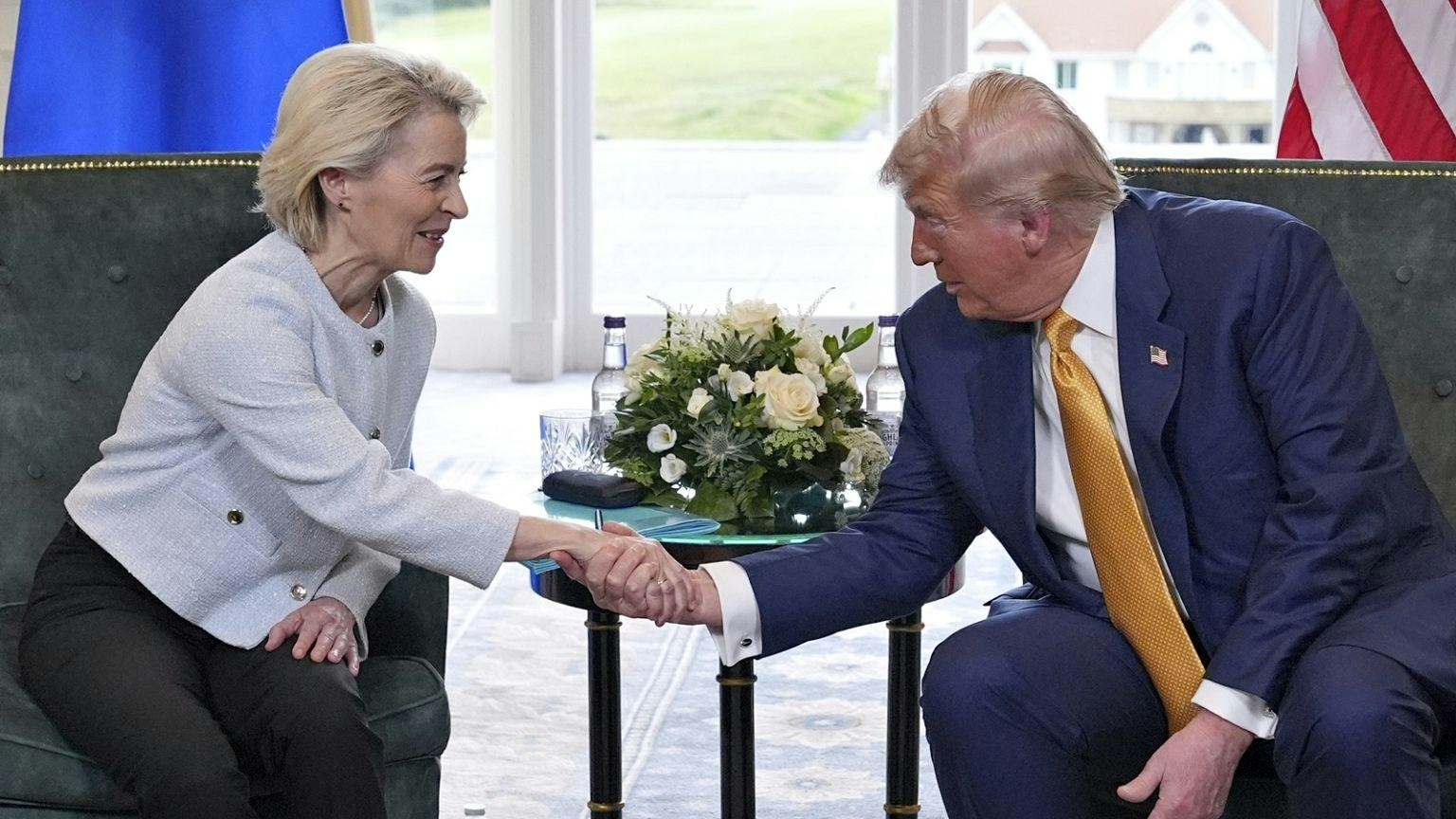AeroGenie — Votre copilote intelligent.
Tendances
Categories
US-EU Trade Deal Excludes Tariffs on Aviation Industry

US-EU Trade Deal Excludes Tariffs on Aviation Industry
In late July, the United States and the European Union finalized a pivotal trade agreement that notably excludes the aviation industry from new tariffs. Announced on July 27 by U.S. President Donald Trump and European Commission President Ursula von der Leyen, the accord guarantees that aircraft and aircraft parts traded between the two economic powers will remain tariff-free. This exemption offers crucial relief to manufacturers and airlines on both sides of the Atlantic, preserving the stability of a sector integral to transatlantic commerce.
Industry Response and Economic Implications
The aviation sector welcomed the agreement with broad approval. James Viola, President and CEO of the General Aviation Manufacturers Association, alongside Ed Bolen, President and CEO of the National Business Aviation Association, commended the decision to protect the aviation supply chain from tariff impositions. Major industry players such as Airlines for America and Delta Air Lines expressed optimism that the deal would help stabilize operational costs and foster growth within the sector.
Prior to the agreement, concerns had mounted over the potential impact of a proposed 15% tariff on European imports to the U.S., which threatened to increase production costs and disrupt the complex supply chains underpinning aircraft manufacturing and airline operations. By averting these tariffs, the deal aligns with longstanding international efforts to maintain a tariff-free environment for civil aviation products. This approach mirrors existing arrangements, such as the Agreement on Trade in Civil Aircraft, under which Brazilian aerospace company Embraer has benefited from zero tariffs since 1980 and is currently negotiating to preserve this status.
Broader Trade Provisions and Strategic Significance
Beyond the aviation sector, the U.S.-EU trade agreement encompasses wider economic commitments. The European Union has pledged to invest $600 billion in the United States, while most European imports will now be subject to a 15% tariff. However, certain categories—including natural resources, specific chemicals, and agricultural products—will continue to enjoy zero tariffs. The timing of the agreement was critical, concluding just before August 1, when the Trump administration implemented tariffs on numerous countries, marking what was termed “Liberation Day.” These tariffs represent increases of up to 50% on some goods entering the U.S. market.
European Commission President Ursula von der Leyen underscored the magnitude of the deal, emphasizing the economic weight of the partnership: “This is a deal between the two largest economies in the world. We trade USD 1.7 trillion per year. Together, we are a market of 800 million people. And we are nearly 44% of global GDP.”
By excluding the aviation industry from new tariffs, the U.S.-EU trade deal is poised to deliver substantial benefits to airlines and manufacturers alike, ensuring continued stability and growth in a sector vital to both economies.

Emirates Unveils Cabin Design for New Boeing 777X

Eighteen Years On, the Airbus A380 Remains Central to a $34 Billion Airline

How a boom in luxury airline seats is slowing down jet deliveries

Navitaire Outage Attributed to Planned Maintenance

DigiYatra Debuts Outside Aviation at India AI Impact Summit

Vietnam Orders Strengthen Boeing’s Commercial Outlook

Airbus Signals Uncertainty Over Future A400M Orders

JobsOhio Awards $2 Million Grant to Hartzell Propeller for Innovation Center

Collins Aerospace Tests Sidekick Autonomy Software on YFQ-42A for U.S. Air Force CCA Program

How the Airbus A350-1000 Compares to the Boeing 777
